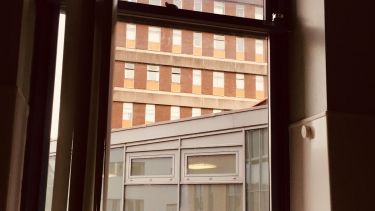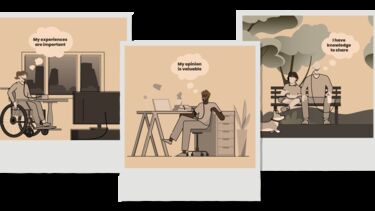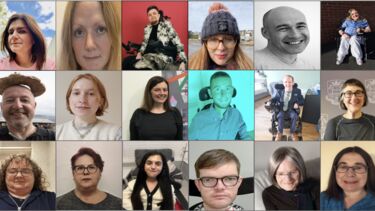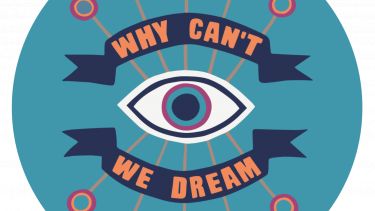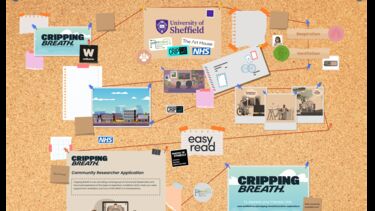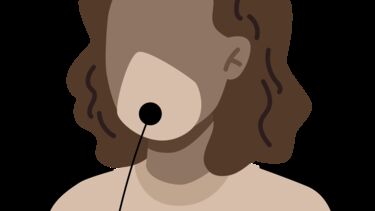
Cripping Breath
Cripping Breath: Towards a new cultural politics of respiration is a new 5 year interdisciplinary programme of research funded by a Wellcome Trust Discovery Award led by Dr Kirsty Liddiard

What is Cripping Breath?
Cripping Breath: Towards a new cultural politics of respiration is a new 5 year interdisciplinary programme of research funded by a Wellcome Trust Discovery Award
Covid-19 emphasises the need for urgent new analyses of the politics, processes and prioritisation of respiration and ventilation. The sudden emergence of global respiratory disease has reshaped our social, cultural, and political worlds and embodied experiences of health and illness.
This project centres the lives of people who have had their lives saved and sustained by ventilatory medical technologies. Respiratory failure is common in many health conditions, and is a symptom of Coronavirus. Our explorations, led by disabled, chronically ill and ventilated people, do so in recognition that these growing communities of people and patients are often absent from contemporary social theorisations of respiration and ventilation, but also that their experiences have much to teach about living in cultures of compromised respiration.
Centring arts-informed, archival, narrative and ethnographic approaches, this project develops Crip perspectives - forms of knowledge production that emerge from lived experiences of disability and chronic illness. Artists-in-Residence, experts-by-experience, disability and arts organisations and clinicians will work in collaboration to curate and coproduce new understandings of the experiences of ventilated people, across a host of identity positions, to interrogate the new cultural politics of respiration and ventilation in a continuing global pandemic, and as we imagine post-pandemic futures.
Our research aims and questions
Research Aims
1. To mobilise a new area of transformative, inclusive and intersectional scholarship around the social, cultural, relational, political and material realities of respiration and ventilation.
2. To acknowledge and situate disabled, chronically ill and ventilated people as knowledge producers, theoretical provateurs, artists and researchers through the development of Crip methodologies that promote inclusive and accessible research and inquiry.
3. To centre the experiences of ventilated people through arts-informed, narrative, archival and ethnographic approaches to inquiry.
4. To consider the ways in which ventilation can be a vehicle for new conversations about life, death, disability and health in an ongoing pandemic and as we look to post-pandemic futures.
5. To explore the ways in which creative processes can capture the realities of living on and/or with ventilation.
6. To make space for disabled, chronically ill and ventilated people to speak with and back to respiratory physicians and health services, communicating the lived and embodied experiences of ventilated lives.
Research Questions
1. What new forms of scholarship are needed to radically transform scholarly understandings of respiration and ventilation?
2. What are the social, cultural, political and material meanings of ventilation and breathing during an ongoing global pandemic, and as we imagine post-pandemic futures?
3. How does ventilation promote new conversations about life, death, disability and health?
4. What kinds of affective, relational and intimate relations are engendered in and with the medical technologies that sustain and save the lives of ventilated people?
5. In what ways can the creative artistic process authentically capture the realities of living with ventilation?
6. What principles and practices of co-production need to be developed to enhance health-related research?

